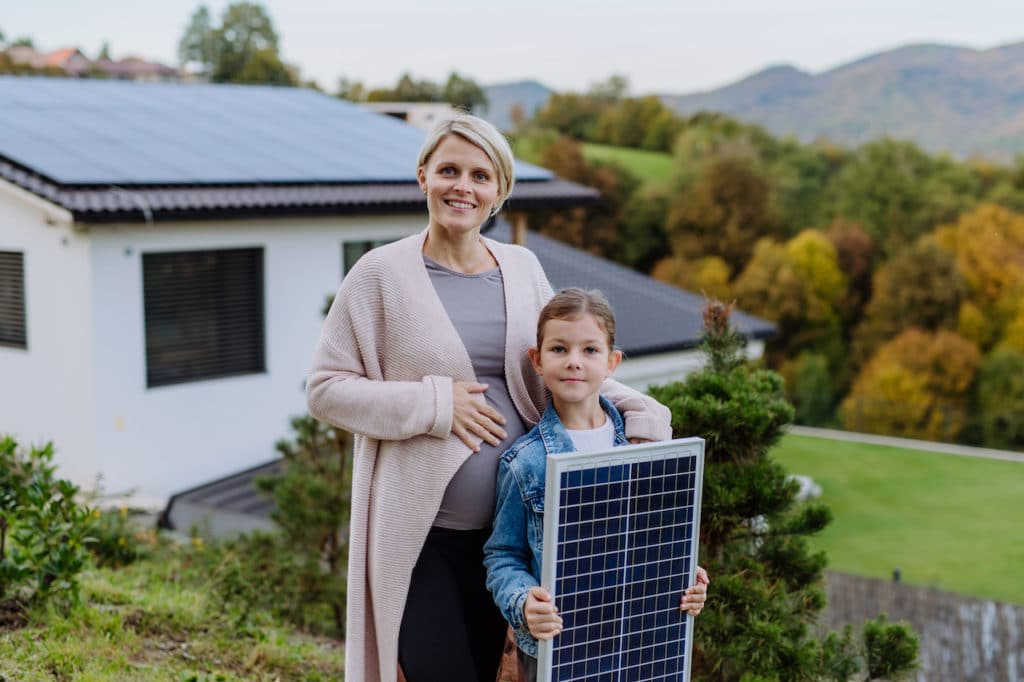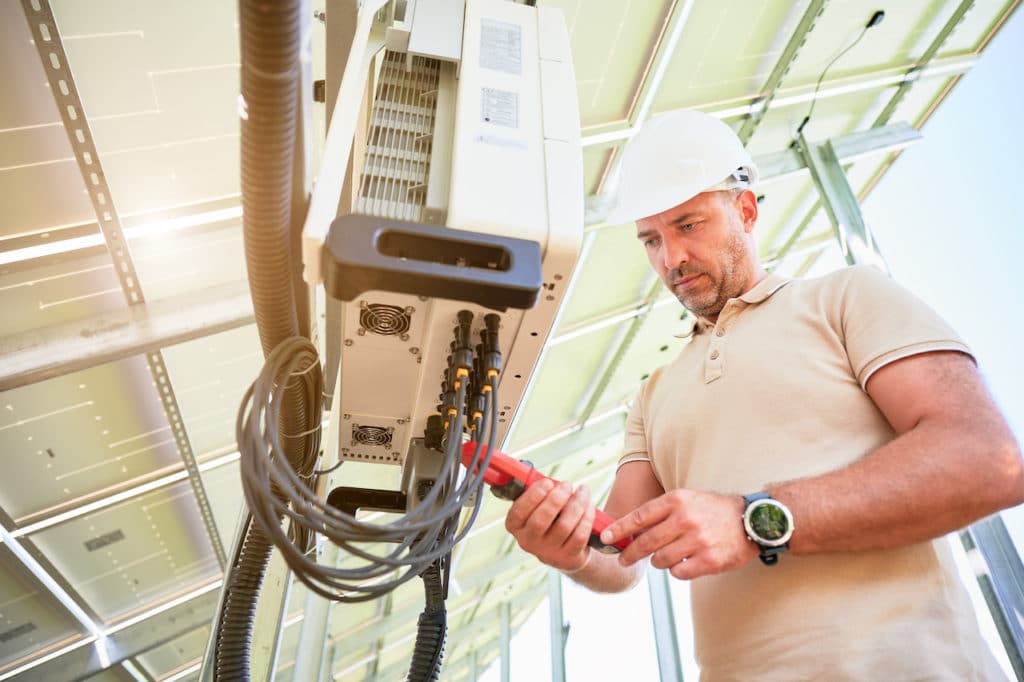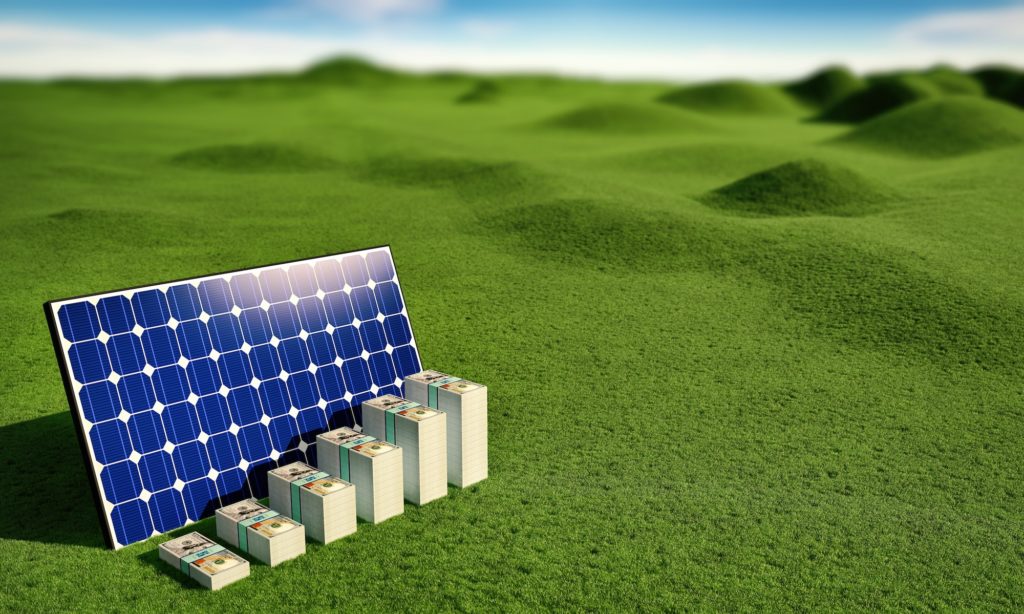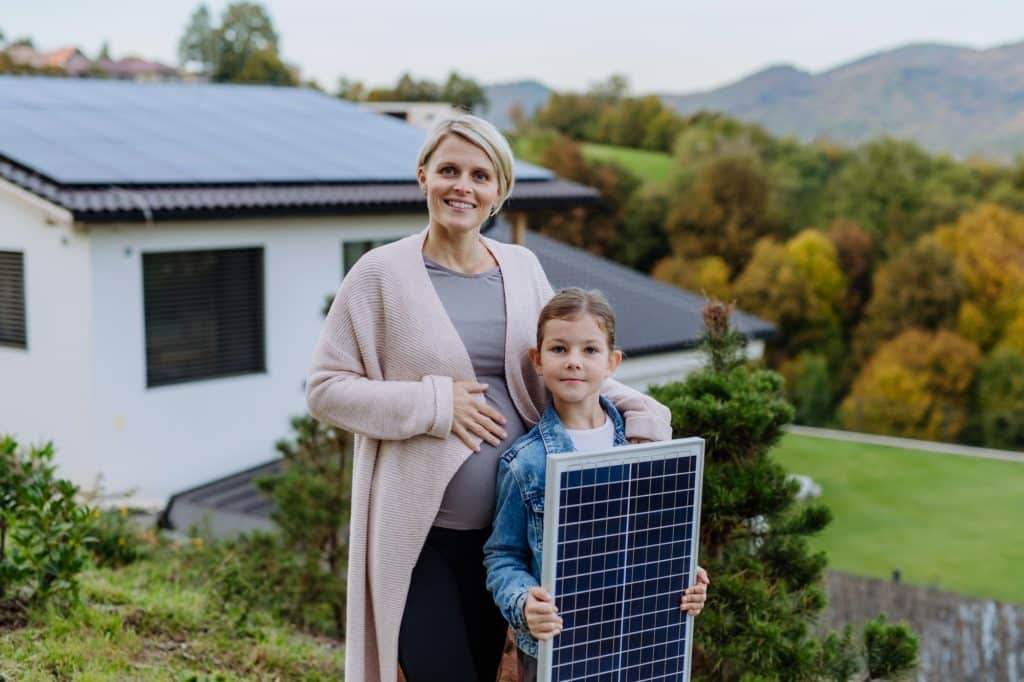Solar power systems have become more and more popular in the last few years.
Homeowners are looking for alternative energy sources that can reduce their electricity bills, as well as help them contribute to conserving our environment.
Solar panels used in conjunction with storage batteries are able to provide clean, green energy for households without having to rely on conventional grid sources.
However, there are many myths surrounding solar power systems which could influence someone’s decision of whether or not it is worth installing a system at home
So what is the truth about solar power?
In Australia, it’s our preferred method of generating electricity.
We use it for both residential and commercial purposes, but a lot of Australians are still in the dark when it comes to understanding just how much we rely on this renewable energy source.
For one thing, people often think that solar panels won’t work if cloudy days come around- even though they actually function just as well when the sun isn’t shining (with help from a backup battery).
There are also rumours that say you have to have an expensive system installed before you can enjoy all these benefits.
“So whether your goal is saving money or tackling climate change head-on, there are plenty of ways to make solar work for you.”
Australia has the largest uptake of solar installations with more than 21% million homes as of December 31, 2020, using rooftop solar.
Let’s explore and debunk some of the most common myths about solar power systems.
Myth #1: Solar systems are expensive
Solar systems are not as expensive thanks to government incentives and solar schemes.
Solar power systems have become very cost-effective over the last few years.
Not to mention the incentives offered by the government, rising electricity costs also tip the scales when justifying the cost of solar.
Myth#2: Solar systems have a high carbon footprint
Solar systems actually have a low carbon footprint, with it generating more power than it consumes.
In fact between only between 3% to 13% of the energy that a photovoltaic system produces over its lifetime is required to produce the system in the first place.
Myth#3: Solar panels cannot be recycled
Yes! Solar panels can be recycled.
With regular maintenance, solar panels can last as long as 20 – 30 years. So there is not much waste in this process.
However is it an emerging industry, so you might have to search for a recycler who accepts solar panels.
Myth#4: Solar power systems breakdown easily
Solar power systems require are quite low maintenance and last a long time.
Solar power systems are reliable and last for more than 20 years and don’t require much maintenance except regular cleaning and the occasional service.
But then again, it depends on the quality of the system. Low-quality systems from cheaper providers may cause frequent breakdowns.
Myth#5: Solar panels do not work on cloudy days
Solar panels work in cloudy weather.
In a solar system, any solar energy that hits the panels is converted into electricity.
While clouds block some of the sunlight, it doesn’t block all the light.
Hence, the production goes down but doesn’t stop altogether.
Australia with its sunny weather most of the year need not worry about energy generation, and that is especially true for northern states.
Myth#6: Solar panels require a lot of maintenance
Solar panels are long-lasting and don’t require much maintenance.
They do not have any moving parts, and hence very little maintenance is required.
All it needs is a cleanup once or twice a year to deliver maximum output.
Make sure to ward off birds and remove any debris or shadows on the panels.
Otherwise, you are good to go!
Myth#7: Solar panels can damage my roof
Solar Panels can actually extend the life of your roof.
When installed properly, solar panels can extend the life of the roof.
Professionals are trained to spot damage to the existing roof like loose tiles since they may hinder the installation process so they can be repaired.
They are usually mounted on brackets that hold them steady which means damage to your roof caused by the panels would be impossible.
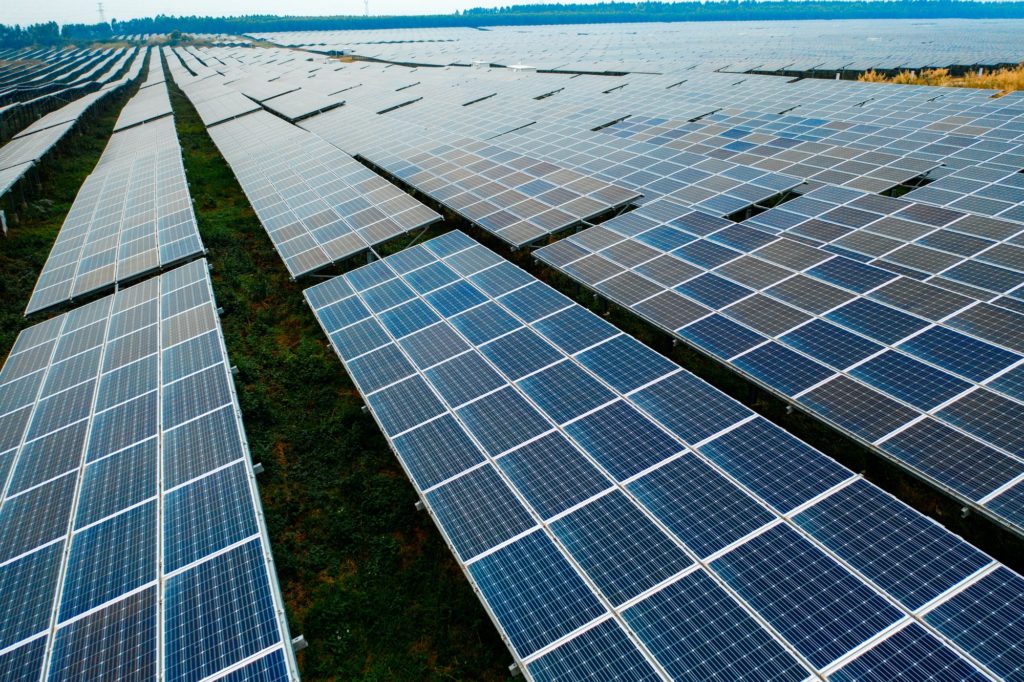
Conclusion
There is a lot of information out there relating to solar power systems, but it’s important to be able to discern fact from fiction.
The reality is that solar power is a fantastic option for many households who want to cut their energy bills, or just do their bit for the environment.

